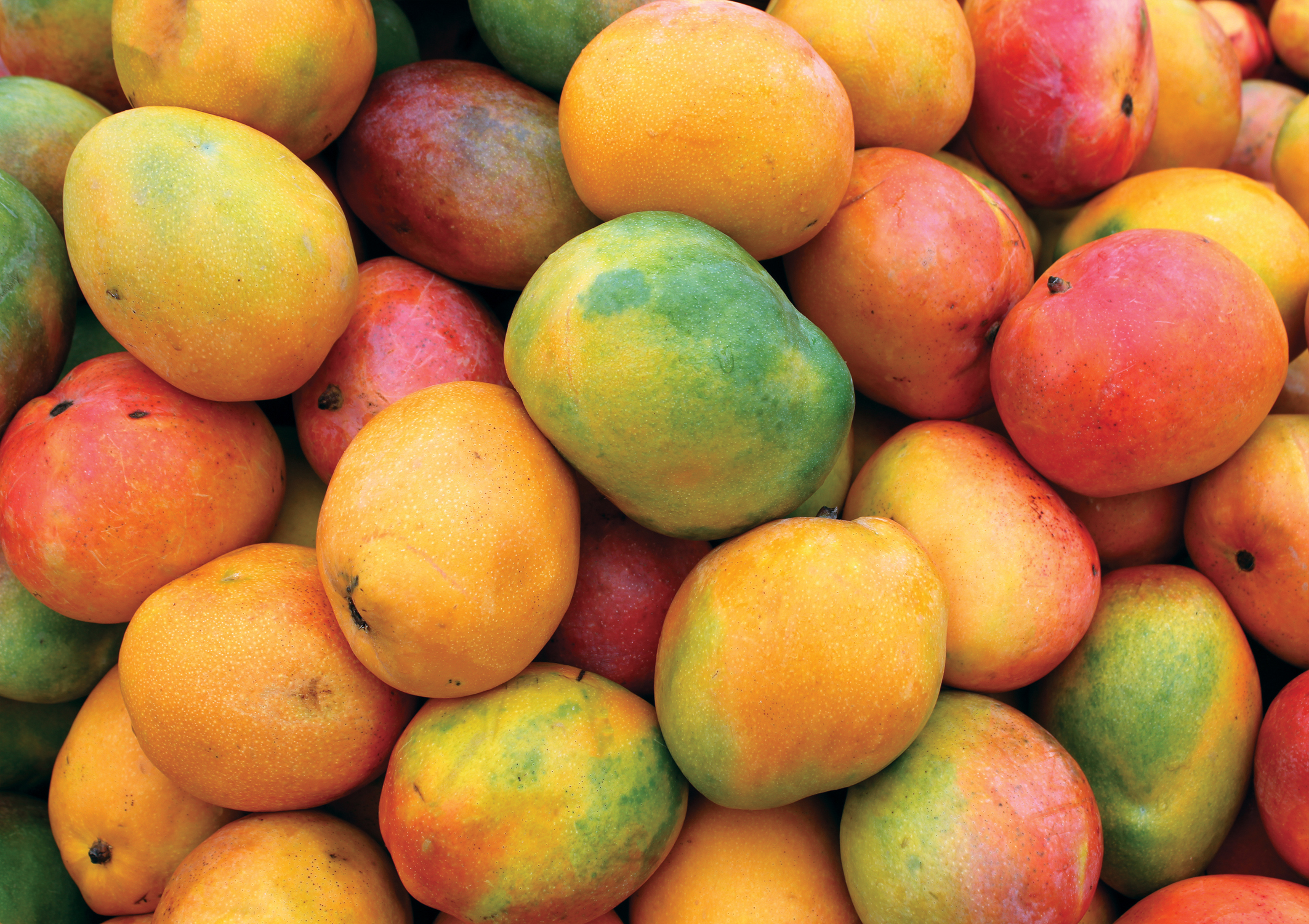Dr Grace Olasumbo, a Nutritionist, has advised Nigerians to be wary of fruits and vegetables that do not have uniform colours, especially when they appear with yellow and green patches.
Olasumbo gave the advice in an interview with the News Agency of Nigeria (NAN) on Sunday in Abuja against backdrop of Federal Government concern over the dangers in using carbide and other chemical substances to forcefully ripen fruits and vegetables.
She noted that fruits and vegetables that appear in such manner were an indication of artificial ripening, which is most prevalent at the beginning of a fruit season.
The nutritionist added that calcium carbide remained the most commonly used chemical for ripening these fruits.
She said that application of this chemical always put the fruits under severe pressure to become ripe prematurely.
“This is the same chemical that is used to manufacture fire-crackers; they are also used as pesticides.
“They contain phosphorous and releases acetylene gas, which hastens the ripening of fruits.
“When an individual takes in such poisonous substance, the chemical components would cause a fatal reaction which could affect the liver, kidney and throat.
“Intake of Calcium Carbide has also been found to be the leading cause of various health conditions such as diarrhoea, severe gastrointestinal upset, eye problems, ulcers and emotional trauma.
“Others are restlessness, seizures, tremors, irritation of the skin, mouth, throat, liver and cancer,” she said.
Olasumbo added that careful physical examination of the fruits before buying would save Nigerians from having these diseases.
She advised that people should pick their fruits wisely at the stores or markets.
“Fruits such as bananas, mangoes, apples, watermelons, orange, peers, among others, should be properly checked.
“Most times, the colour of the fruits will not be uniform; it may have yellow and green patches unlike when it naturally ripens.
“The texture will also be hard even when it appears yellow.
The fruits will also be low on flavour, less juicy and often will not be as sweet as they should,” she added.
Besides, the nutritionist advised Nigerians to ensure adequate washing of fruits and vegetables before consumption and once the taste is odd, they should discontinue its intake.
Meanwhile, the Nigeria Association of Fruits Sellers, Kano State Chapter, has appealed to members across the country to fear God and stop artificial ripening of fruits and related commodities because of its inherent health dangers.
The Public Relations Officer II of the association at Yan’lemu Market, Malam Ado Shehu, made the call in an interview with NAN in Kano on Sunday.
“I am using this opportunity to call on our members nationwide to have the fear of Allah in mind so that they will not cause any harm to consumers as carbide is dangerous to human health,’’ he said.
Shehu said members of the association at ‘Yan Lemu Market’ in Kano had since stopped using chemicals such as carbide for artificial ripening of fruits following measures adopted by the state Ministry of Health in sensitising them on the dangers of the practice.
“The practice has stopped due to the health talks made by the Kano State Ministry of Health on the dangers of carbide and other chemicals on consumers’ health.
“It has been a long time ago we caught two sellers using carbide and they were punished by the association.
“We usually go round the market from time to time to make sure that fruits sellers abide by the law on the use of carbide and other chemicals,” he said.
The spokesman explained that the price of naturally ripe 20 bunches of banana is N15,000 while the green one is sold at N11,000.
According to him, the ripe fruits are being sold in town while the unripe fruits are being sold to buyers that come from neighbouring states to purchase the commodity.
“By the time they get to their various destinations, the fruits would have been naturally ripened,’’ Shehu said.
However, a plantain seller at Sabon Gari Market, Kano city, who told NAN on condition of anonymity that some of the plantain sellers still used artificial ripening substances like carbide to force the fruits to ripen especially during harmattan season.
“Carbide is popularly used to ripen fruits such as banana, plantain and mango inside a container like box,’’ the source said.
He said: “I normally buy green plantain from the market and put it inside a special leather in a box and store it for three to four days for it to be ripen.
“Sometimes if we need ripe plantain urgently, we apply carbide and it takes only one day for it to be ripened and ready to be sold out.
“Twelve bunches of green plantain is sold at between N15,000 and N12,000 depending on the size, while the naturally ripe plantain is sold at between N8,000 and N10,000 per bunch,” he said.
He further revealed that the naturally ripe plantain spends four days before it got spoilt while the artificially ripe ones got spoilt in two days. (NAN)

